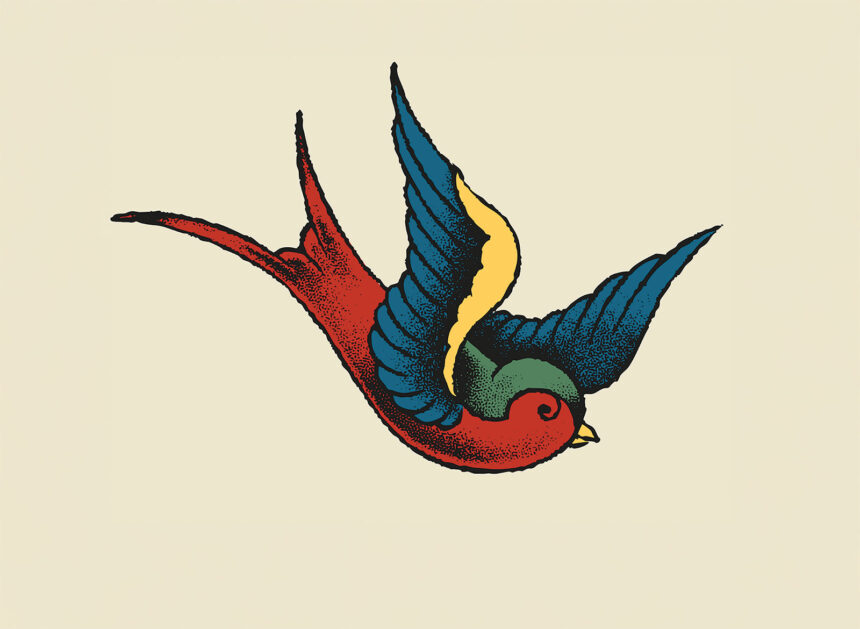Dream of the Bird Tattoo: Poems and Sueñitos
By Juan J. Morales
University of New Mexico Press | 2025 | 136 pages
In the first poem of Juan Morales’s newest book, Dream of the Bird Tattoo, the poet ruminates on avocados in Puerto Rico before segueing into the recent passing of his Puerto Rican aunts and uncles. By the end of the poem, the narrator’s own father has died: “last week we lost him, / a man who planned to return for / one more avocado.”

 From there, Morales’s father, Jose, becomes the beating heart of Dream of the Bird Tattoo as these gorgeous poems move between eastern Colorado, where Jose lived, and Puerto Rico, where he grew up. Over more than 80 pages, Morales keeps his gaze, heart, and lyric focused on Jose’s death and Morales “looking forward in complete loss.”
From there, Morales’s father, Jose, becomes the beating heart of Dream of the Bird Tattoo as these gorgeous poems move between eastern Colorado, where Jose lived, and Puerto Rico, where he grew up. Over more than 80 pages, Morales keeps his gaze, heart, and lyric focused on Jose’s death and Morales “looking forward in complete loss.”
Dream of the Bird Tattoo is an ode to his father, a memoir-in-poems about a son’s grief—a stunning, staggeringly beautiful, and unflinching look at Morales as he deals with Jose’s passing.
Morales writes nearly every poem in accessible narrative form and through that style, we unravel who Jose Morales was. We learn about his propensity to curse: “I might be a little man, but I’ll stomp your ass all over this parking lot,” he yells at an insurance agent. We learn about his humor: “When I die, I’m going to be buried with my checkbook, / so whenever you spend money, you’ll have / to tell me hello,” he jokes. We learn about the medals, including the Bronze Star and Purple Heart, his father won during the Korean War. In clear detail, these powerful poems let us understand the man Morales lost.
Dream of the Bird Tattoo begins with Jose’s death and moves across the year as Morales navigates his loss while processing who he is without his father in his life. Multiple poems offers Jose’s humorous anecdotes, each titled, “Shit my Puerto Rican Father Said.” Many also portray the poet’s dreams of his father. Dream of the Bird Tattoo reflects upon death and loss over and over again just as waves batter the Puerto Rican shoreline in the extended poem, “The Waves, or Las Olas.” Here, Morales writes, “His heart rate / floats away, adrift, out to sea / all over again. The heartbreak eases / to shore, tangled with the clumps / of seaweed and debris.”
Dream of the Bird Tattoo is powerful and heartbreaking. In an early poem, Morales searches for a photo of his father from his time in the military: “If the photo is / really lost, I will resume / searching until / I can consider it, / like you, / never truly lost.” That searching is exactly what Dream of the Bird Tattoo does, seeking and finding new and lovely ways to share the poet-son’s story of “you, my beautiful father” to process his beautiful, enduring grief.








